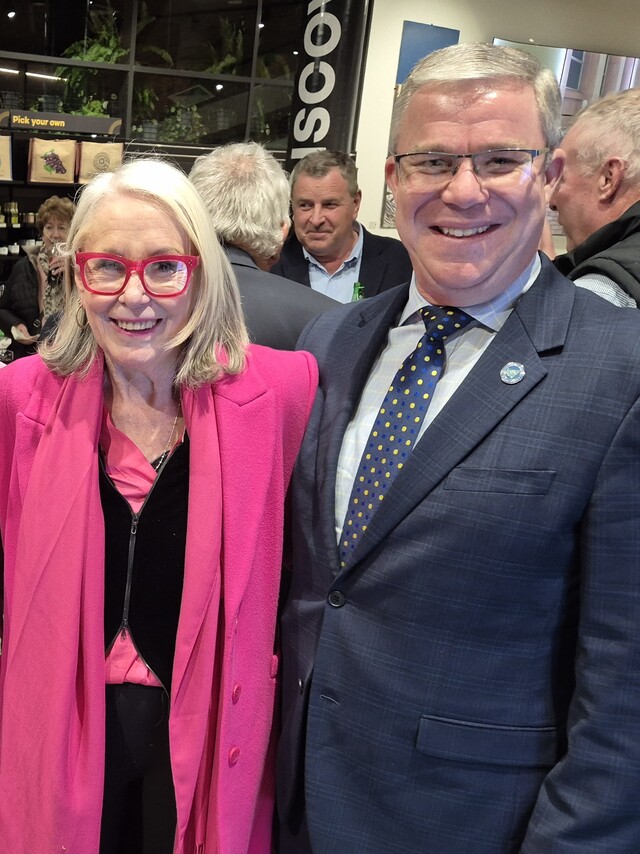Each edition we feature the views of a State Local Government Association President.
The following is from Mayor Rosemary Craddock,
President Local Government Association of South Australia.
The following is from Mayor Rosemary Craddock,
President Local Government Association of South Australia.
1998 represents the year of legislative review for Local Government in South Australia. The City of Adelaide Governance Review Report was tabled in Parliament on 27 February 1998. The report was commissioned to identify arrangements that would ensure proper management and provide leadership into the 21st century of the City of Adelaide as the Capital City Council of South Australia.
Some issues raised, such as the review of elected member allowances (long overdue) and postal voting as the only method of conducting elections, will certainly need to be considered in the context of the broader parameters of the new Local Government Bill, which it is anticipated will be released for consultation purposes in April 1998.
To have one set of rules for the City of Adelaide and another set of rules for the remainder of Local Government Councils will be untenable, and these issues will need to be addressed concurrently. The present Local Government Act in South Australia was enacted in 1934 and a plethora of amendments have been introduced resulted in it being almost impossible for the layman to comprehend.
Now in 1998, this Government has reviewed the Act and hopefully the new Act will bring Local Government forward so that it can move with confidence into the next century.
The Local Government Act is one of the largest Acts of State Parliament and it behoves all Councillors and interested stakeholders to give close scrutiny to the proposed Bill so that the new Act, when passed, addresses the interests and protects the needs of Local Government and their communities.
South Australia urgently needs both functional and legislative reform of Local Government and State Government responsibilities. In the past, State Governments have been very willing to shift many areas of responsibility to Local Government without appropriate resourcing.
Emergency services funding, public library funding and maintenance of jetties are but a few areas that need urgent review. The State Government has just appointed a steering committee to review the current inequities and imbalances that exist in funding by way of levies for the emergency services.
The steering committee, includes Local Government representation and is to report back to the Government on a more appropriate funding formula. This move is certainly welcomed by Local Government. The Minister for Local Government has been invited to establish a formal process and framework to deal with functional reform across all areas that impact on Local Government.
South Australian Local Government has been subject to ratecapping for the 1997/98 year and will be again for the 1998/99 financial year. The South Australian Government must lift this rate cap if Local Government is going to progress economic development in this State.
As President, I have made concerted efforts with industry to ensure the Local Government conveys its willingness to work with the private sector to get South Australia on the road to recovery. The Government needs development and by tying Local Government’s hands, it is hindering progress.
If Local Government across this continent wants to be recognised in the Constitution, it must certainly not only raise its profile in the eyes of the business community, but in the community as a whole, become more competitive, provide leadership with a far greater cross section of managerial skills and rid itself of manifest political factions.
If Local Government seeks to go forward together towards achieving Constitutional recognition, it must win public approval and confidence before the gates of the barrier are opened. Local Government cannot afford to come second in the race.







